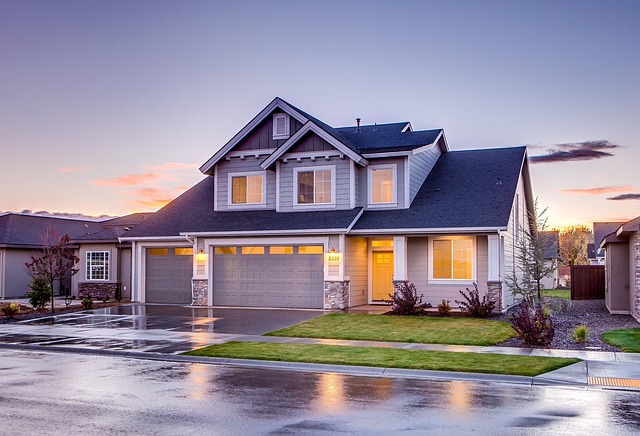How to Increase Your Home’s Value: What Every Homeowner Should Know
Learn how professional appraisals, market comparisons, and strategic upgrades can raise your home’s value. From improving curb appeal to using online tools effectively, these proven steps will help you understand your property’s worth and maximize its potential.

What factors influence home value?
Understanding the key factors that impact your home’s value is crucial for any homeowner. Location remains the most significant determinant, as proximity to amenities, good schools, and desirable neighborhoods can greatly affect property prices. The overall condition of your home, including its structural integrity and maintenance level, also plays a vital role. Square footage, number of bedrooms and bathrooms, and the age of the property are additional factors that appraisers and potential buyers consider. Market conditions, such as supply and demand in your area, interest rates, and the overall economy, can also influence your home’s value.
How does the appraisal process work?
The appraisal process is a critical step in determining your home’s value, especially when selling or refinancing. A professional appraiser will conduct a thorough inspection of your property, considering its size, condition, and features. They’ll also analyze recent sales of comparable properties in your area, known as “comps,” to gauge the current market value. The appraiser will take into account any unique features or improvements you’ve made to your home. Understanding this process can help you prepare your home effectively and potentially influence the outcome of the appraisal.
What are the most effective ways to prepare your home for valuation?
Preparing your home for valuation involves a combination of strategic improvements and presentation. Start by addressing any maintenance issues, such as fixing leaky faucets, repairing damaged flooring, or patching up cracks in walls. Deep cleaning and decluttering can make a significant difference in how your home is perceived. Consider neutral paint colors to appeal to a broader range of tastes. Ensure all systems, including HVAC, plumbing, and electrical, are in good working order. Documentation of recent improvements or upgrades can also be valuable during the appraisal process.
How can you use comps and online tools to estimate your home’s value?
Leveraging comps and online tools can give you a good starting point for estimating your home’s value. Begin by researching recent sales of similar properties in your neighborhood. Look for homes with comparable square footage, number of bedrooms and bathrooms, and overall condition. Online real estate platforms often provide estimated values based on public data and recent sales. While these tools can be helpful, remember that they don’t account for the specific condition or unique features of your home. For a more accurate assessment, consider consulting with a local real estate agent who has in-depth knowledge of your market.
What improvements offer the best return on investment for increasing home value?
When it comes to increasing your home’s value, not all improvements are created equal. Kitchen and bathroom renovations consistently offer strong returns on investment. Updating fixtures, appliances, and finishes in these areas can significantly boost your home’s appeal. Energy-efficient upgrades, such as installing double-pane windows or adding insulation, can also be attractive to potential buyers. Enhancing your home’s curb appeal through landscaping and exterior improvements can make a strong first impression. However, it’s important to balance the cost of improvements with potential returns and avoid over-improving for your neighborhood.
How can enhancing curb appeal and making strategic upgrades impact your home’s value?
Enhancing your home’s curb appeal and making strategic upgrades can have a substantial impact on its perceived value. First impressions matter, and a well-maintained exterior can set the tone for the entire property. Simple improvements like a fresh coat of paint on the front door, well-manicured landscaping, and updated exterior lighting can make your home more inviting. Inside, focus on upgrades that modernize your space without breaking the bank. This might include updating hardware on cabinets, installing smart home features, or refinishing hardwood floors. Remember, the goal is to create a home that feels well-cared for and move-in ready, which can justify a higher valuation.
Increasing your home’s value requires a thoughtful approach that combines understanding market factors, preparing your property effectively, and making smart improvements. By focusing on key areas that matter most to appraisers and potential buyers, you can maximize your home’s worth and ensure it stands out in the competitive real estate market. Whether you’re planning to sell or simply want to build equity, these strategies can help you make informed decisions to enhance your home’s value over time.




